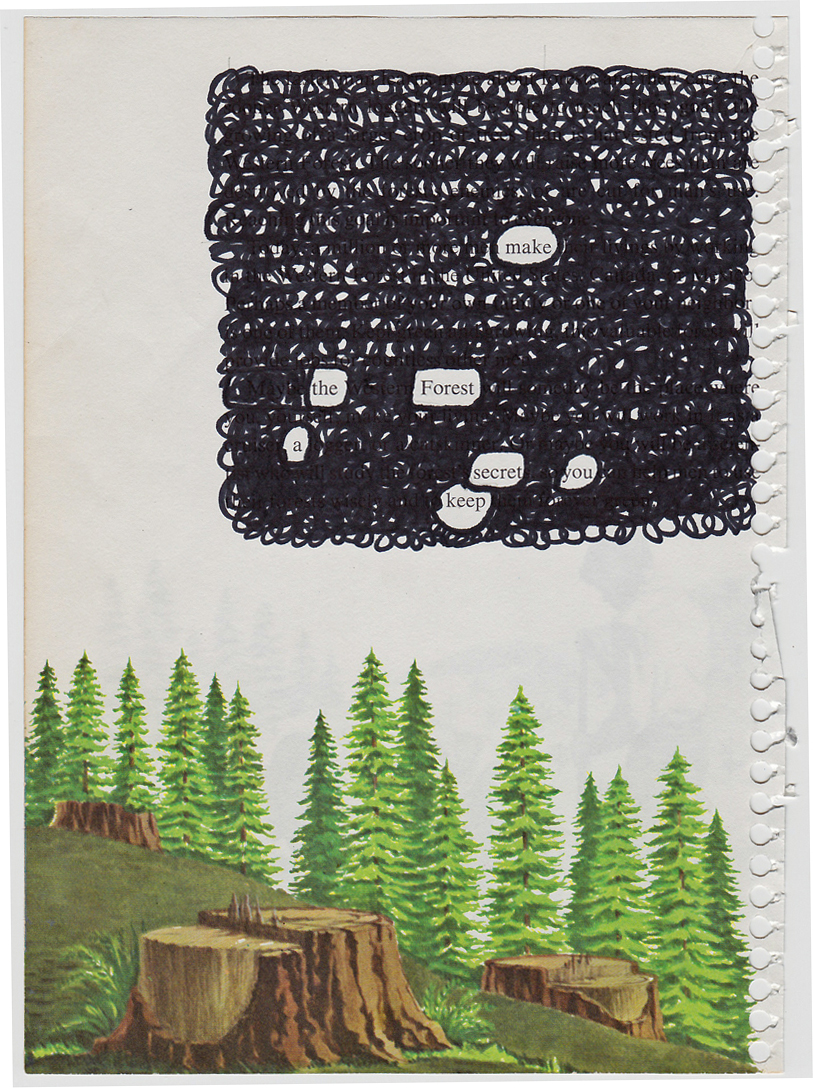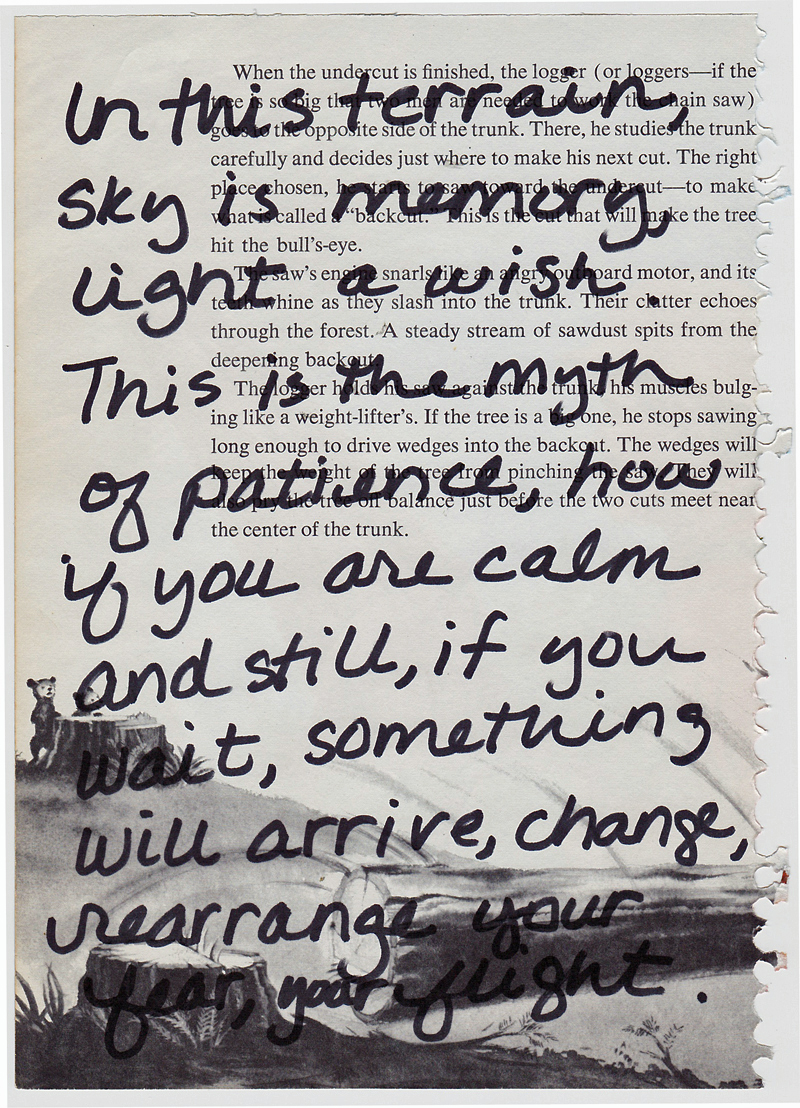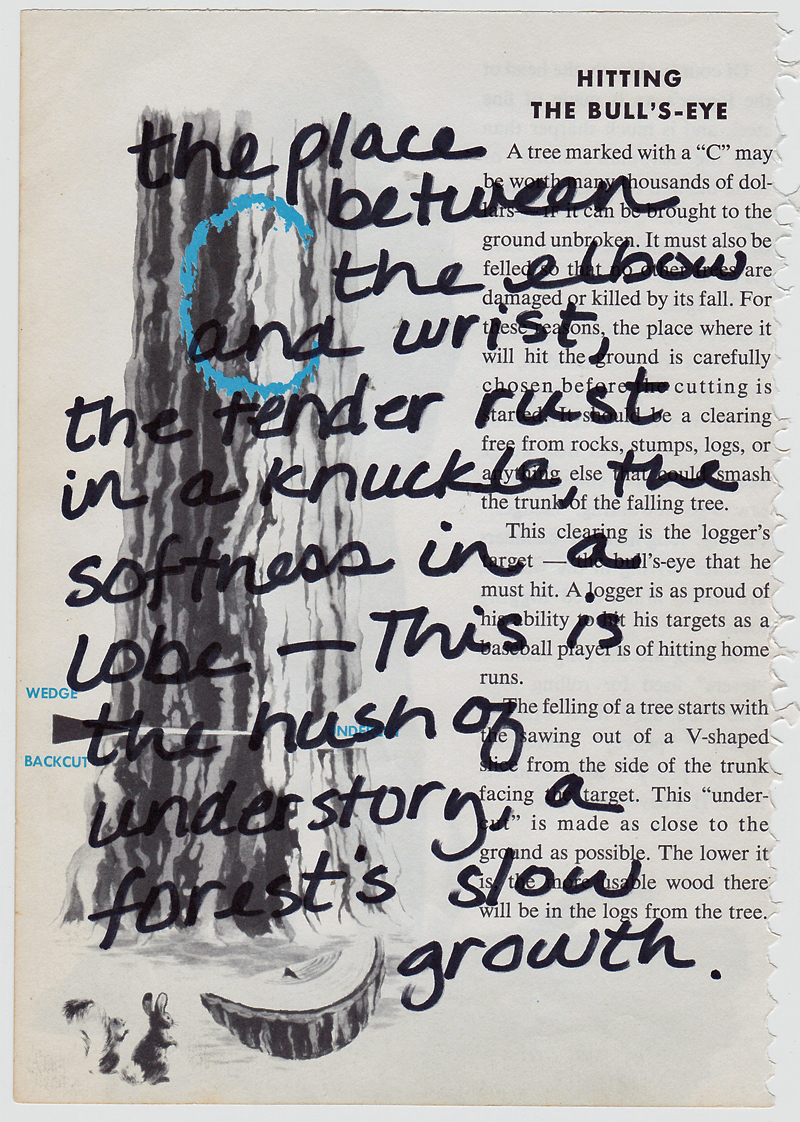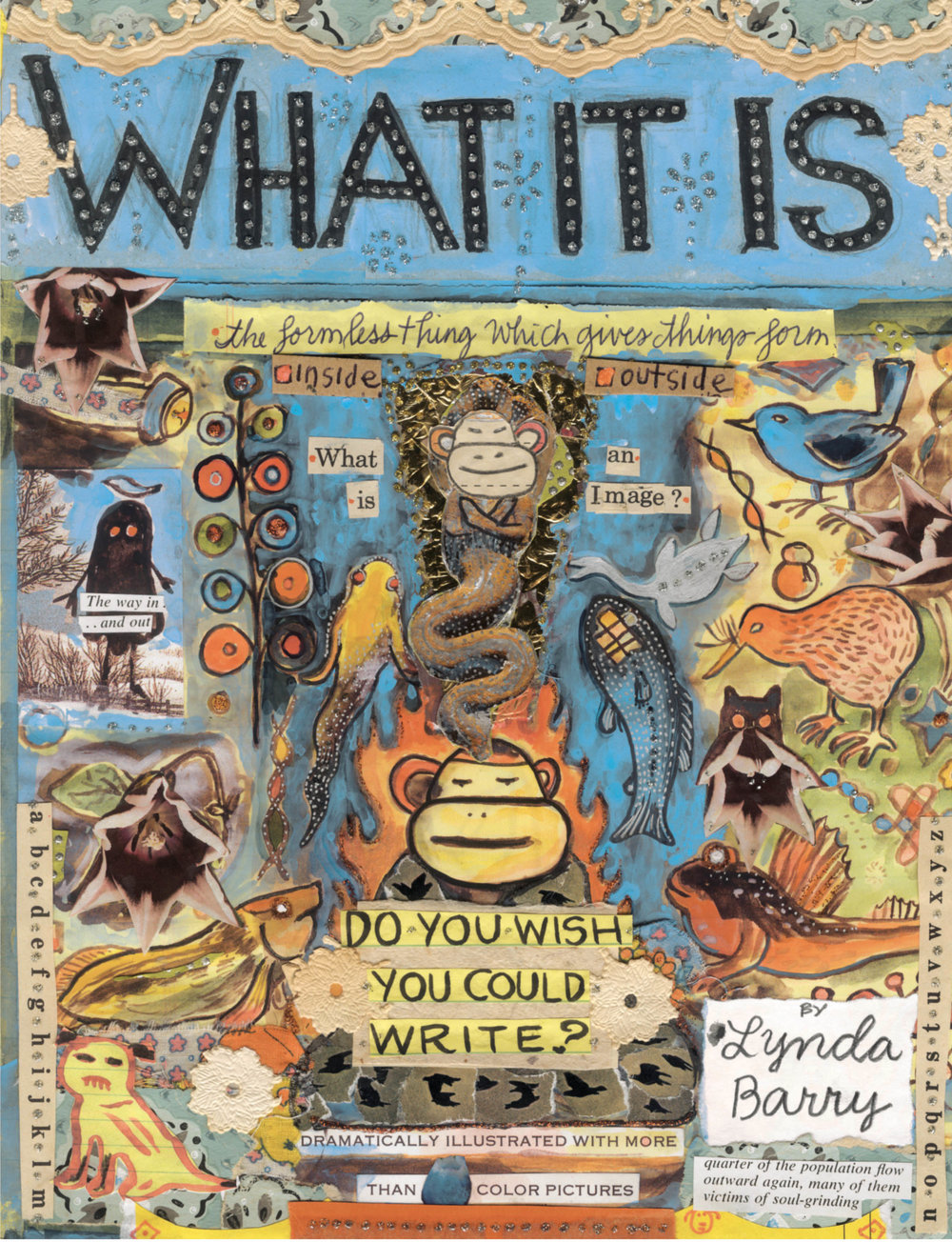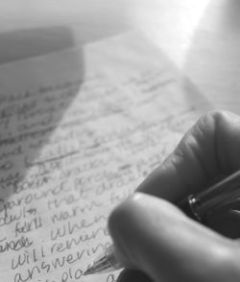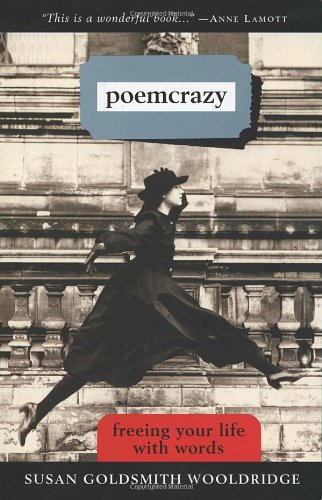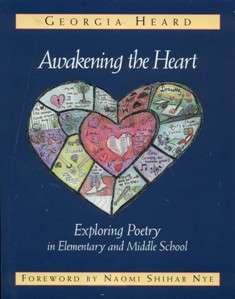What can I say?
It is better to have loved and lost
Than to put linoleum in your living rooms?
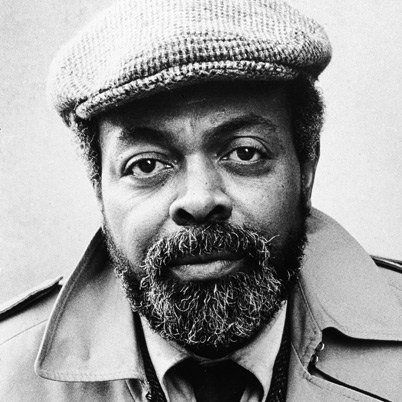 LeRoi Jones, aka Amiri Baraka, has died.
LeRoi Jones, aka Amiri Baraka, has died.
As a white, middle-aged woman living on the West Coast, I have nothing in common with the African-American male, beat poet and political activist, who, after the death of Malcom X changed his name to Amiri Baraka.
But here's where poetry bridges, rather than divides.
When I met Baraka, I was 21, alone, broke and living in New York. Searching for free entertainment between a (unpaid) college internship and a ticket-taker gig at the Metropolitan Museum of Art, I spotted a few lines in the Village Voice announcing a poetry reading.
It was one of those early-dark evenings and, not a skilled navigator, I walked in circles until I found the address — which, it turned out, was a tony Upper East side home. A private home! What was I doing here, in an intimate and well-appointed living-room like setting? I didn't know much about poetry, and had been to only one reading (a dim coffeehouse, wrenched in creative desperation).
I don't remember many specifics — what he read, wore or said — just that we sat, audience style, in rows of upholstered chairs, and he filled the room with a poetic and powerful radiance. No joke. He had presence. And it didn't matter that I was young, white and poetically and politically naive. I was moved; In that room, I felt the power of poetry.
A few months later, my internship concluded, I headed back to college in Colorado. With poster board and magic marker, I copied the lines above, and fastened them, wall-to-wall mural style, to my spare studio apartment. Although I didn't "get" the poem, those words stirred me, made me want to push into that mysterious and lofted space where language, message and emotion so beautifully mesh.
Thank you, LeRoi/Amiri, for opening the door.
In Memory of Radio
Who has ever stopped to think of the divinity of Lamont Cranston?
(Only jack Kerouac, that I know of: & me.
The rest of you probably had on WCBS and Kate Smith,
Or something equally unattractive.)
What can I say?
It is better to haved loved and lost
Than to put linoleum in your living rooms?
Am I a sage or something?
Mandrake's hypnotic gesture of the week?
(Remember, I do not have the healing powers of Oral Roberts...
I cannot, like F. J. Sheen, tell you how to get saved & rich!
I cannot even order you to the gaschamber satori like Hitler or Goddy Knight)
& love is an evil word.
Turn it backwards/see, see what I mean?
An evol word. & besides
who understands it?
I certainly wouldn't like to go out on that kind of limb.
Saturday mornings we listened to the Red Lantern & his undersea folk.
At 11, Let's Pretend/&we did/& I, the poet, still do. Thank God!
What was it he used to say (after the transformation when he was safe
& invisible & the unbelievers couldn't throw stones?) "Heh, heh, heh.
Who knows what evil lurks in the hearts of men? The Shadow knows."
O, yes he does
O, yes he does
An evil word it is,
This Love.
— Amiri Baraka
It's Thankful Thursday (err, Friday), a weekly pause to appreciate the people, places and things in our lives. What are you thankful for today?





